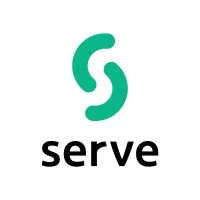Sr/Staff ML Engineer, Manipulation
Diligent RoboticsFull Time
Senior (5 to 8 years), Expert & Leadership (9+ years)

Candidates must possess a Bachelor’s degree in Computer Science, Robotics, Electrical Engineering, or an equivalent field, coupled with over 3 years of experience deploying ML models on embedded or edge platforms, preferably in robotics. A minimum of 2 years of experience with CUDA, TensorRT, and other NVIDIA acceleration tools is required, along with proficiency in Python and C++ for performance-sensitive systems. Experience with NVIDIA Jetson platforms and model conversion workflows is also necessary.
The ML Performance Engineer will oversee the entire lifecycle of ML model deployment on robots, from ML team handoff to system integration. This includes converting, optimizing, and integrating trained models for Jetson platforms using NVIDIA tools, and developing CUDA kernels and pipelines for efficient inference. Responsibilities also involve profiling and benchmarking ML workloads, identifying and resolving bottlenecks, and implementing model compression techniques for edge inference. The engineer will ensure model robustness under resource constraints, manage GPU and CPU usage on Jetson devices, build benchmarking pipelines, and collaborate with QA and systems teams for validation. Additionally, they will work closely with ML researchers to guide model architectures for edge deployability and provide technical feedback on real-time ML model feasibility within the robotics stack.

Autonomous delivery robots for food and retail
Serve Robotics is changing the delivery industry with its self-driving robots that provide sustainable and efficient delivery solutions. Instead of using traditional vehicles, these lightweight, autonomous robots deliver small items like food and retail products, reducing carbon emissions and traffic congestion. The company operates on a delivery-as-a-service (DaaS) model, allowing businesses in the food and retail sectors to subscribe and pay based on their delivery needs. Serve Robotics aims to lead in the autonomous delivery market by offering eco-friendly solutions that enhance customer experience.